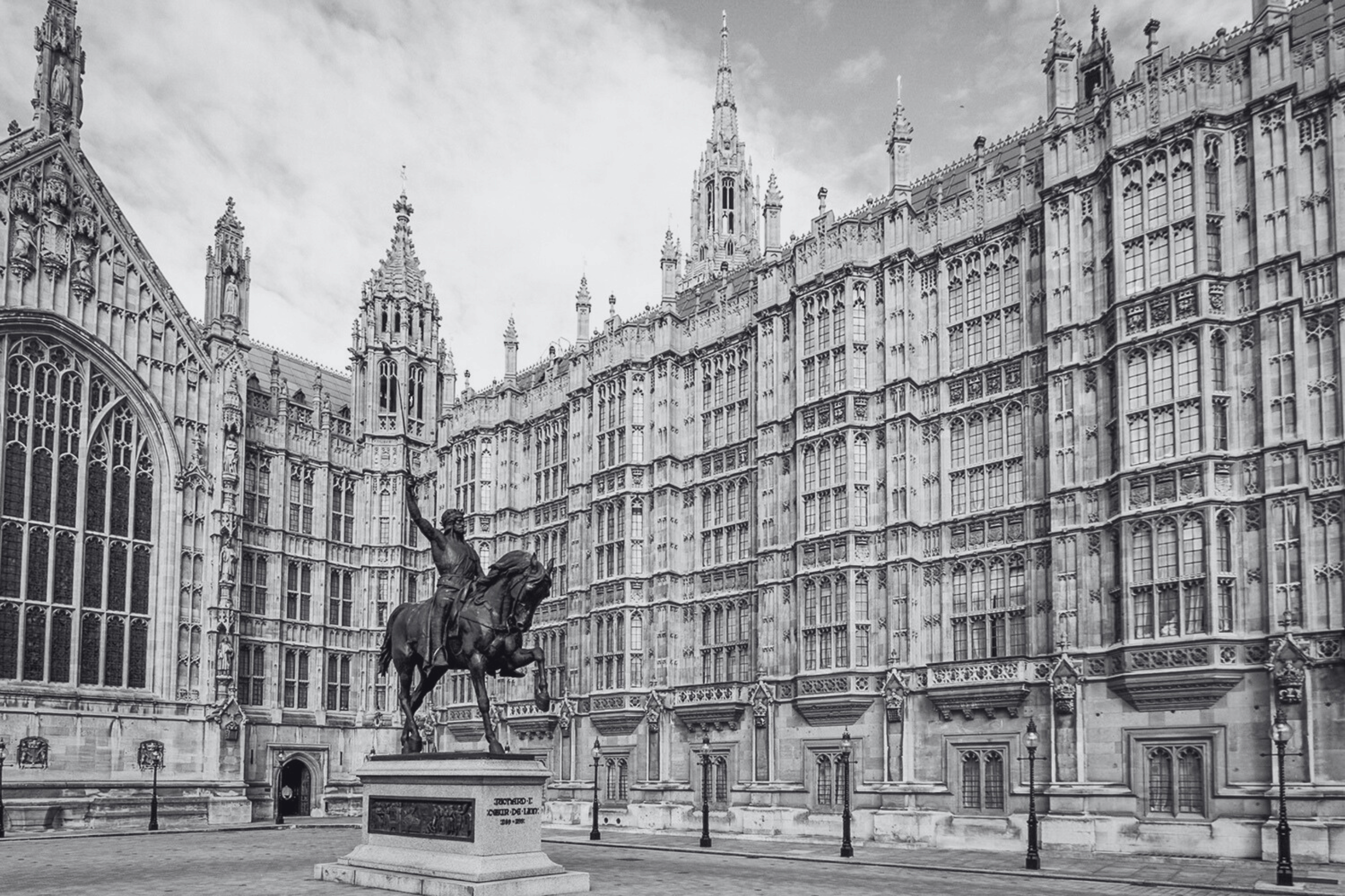In Afshar and others v Addison Lee Ltd, an Employment Tribunal recently held that Addison Lee drivers are workers, rather than self-employed contractors. The Tribunal also ruled that the drivers’ claims for unpaid wages in respect of national minimum wage and holiday pay should not be limited to the two-year backstop on unlawful deductions from wage claims because the regulations implementing that backstop were unlawful.
The Employment Rights Act 1996 gives workers the right to claim unlawful deductions from wages, which includes failure to pay holiday pay. Due to a series of cases that led to concerns about the potential for large, backdated holiday pay claims, the Deduction from Wages (Limitation) Regulations were introduced in 2014 to limit claims to deductions made within a two-year period dating back from the claim (known as the two-year backstop). The Regulations were introduced under powers in the European Communities Act 1972 and were drafted to apply to all deductions from wages claims, not just EU-derived holiday pay claims.
The history of the issues in this case goes back to 2017, when the Employment Tribunal ruled that three Addison Lee drivers were workers and therefore entitled to holiday pay and national minimum wage. Addison Lee’s appeal against this decision failed because the Supreme Court had in the meantime ruled in favour of Uber drivers in similar claims. In February 2024, an out-of-court settlement was reached with those three drivers. However, around 700 drivers then brought claims arguing that they too were workers since they worked under essentially the same business model and working arrangements as the original three drivers. Addison Lee defended these claims on the basis that the 2017 judgement did not apply to those drivers and that, in any event, it had made changes to take account of that judgement.
The Employment Tribunal has now ruled that the drivers were engaged as workers. All passenger drivers, courier drivers, and executive drivers were held to be workers during the whole time that they were logged on to Addison Lee’s operating system. Owner drivers were held to be workers from the time they accepted work to the time the work ended, on the basis that they could also accept jobs on other platforms such as Uber and Bolt. Although Addison Lee had made changes since the 2017 judgement, the Tribunal found that those changes were minimal and did not affect worker status.
In a ruling of potentially much wider significance, the Tribunal also held that the drivers’ claims for holiday pay and national minimum wage could go back more than two years. In the Tribunal’s view, the Deduction from Wages (Limitation) Regulations were ultra vires and therefore unlawful. The purpose of the Regulations was to limit the burden on employers of backdated holiday pay claims. However, they applied not just to EU-derived holiday pay but to all unlawful deductions from wages claims. The Tribunal held that a change of such fundamental importance should have been implemented by means of primary legislation, not through regulations.
If unlimited holiday pay and national minimum wage compensation are payable in this case, the total amount payable by Addison Lee would be substantial. Employment Tribunal judgements are not binding on other Tribunals and this judgement is very likely to be appealed, potentially affecting other holiday pay and deductions claims that have been limited by the two-year backstop. However, if the Government is concerned that the higher courts will follow the reasoning in this case, primary legislation may be introduced to ensure that the backstop is legally binding.






